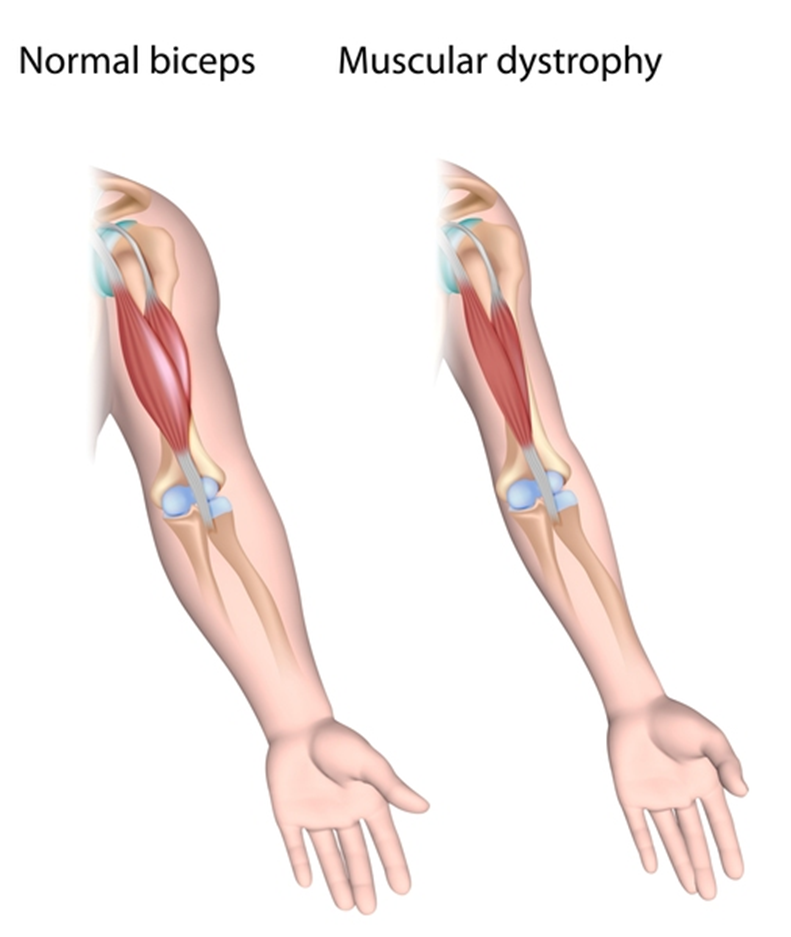A nurse in a mobile health clinic is caring for a client who requires a tetanus immunization and is accompanied by his daughter. The client does not speak the same language as the nurse. Which of the following actions should the nurse take?
Have the client's daughter communicate information about the procedure.
Arrange for a member of the client's community to interpret the teaching.
Identify the client's spoken dialect prior to contacting an interpreter.
Use professional terminology when providing education prior to the procedure.
The Correct Answer is C
Choice A reason: Having the client's daughter communicate information about the procedure is not an action that the nurse should take. The daughter may not be a reliable or accurate interpreter, as she may have limited language skills, lack medical knowledge, or be influenced by her emotions or biases. The nurse should use a qualified interpreter who can ensure the confidentiality, accuracy, and completeness of the communication.
Choice B reason: Arranging for a member of the client's community to interpret the teaching is not an action that the nurse should take. The member of the client's community may not be a qualified or impartial interpreter, as he or she may have a personal or professional relationship with the client, or may have a conflict of interest or a hidden agenda. The nurse should use a professional interpreter who can maintain the boundaries, objectivity, and neutrality of the communication.
Choice C reason: Identifying the client's spoken dialect prior to contacting an interpreter is an action that the nurse should take. This will help the nurse to find an appropriate interpreter who can communicate effectively and respectfully with the client. The nurse should also consider the client's cultural background, preferences, and needs when selecting an interpreter.
Choice D reason: Using professional terminology when providing education prior to the procedure is not an action that the nurse should take. The nurse should use simple and clear language that the client can understand, and avoid using jargon, slang, or idioms that may confuse or offend the client. The nurse should also check the client's comprehension and ask for feedback throughout the communication.
Nursing Test Bank
Naxlex Comprehensive Predictor Exams
Related Questions
Correct Answer is B
Explanation
Choice A reason: Reporting the incident to local authorities is an important action, but it is not the first priority. The nurse should first assess the child's physical condition and provide any necessary care.
Choice B reason: Checking the child for injuries is the first action the nurse should take, as the child may have sustained physical harm from the abuse. The nurse should document any findings and report them to the appropriate authorities.

Choice C reason: Referring the parent to a social service agency is a helpful action, but it is not the first priority. The nurse should first ensure the child's safety and well-being.
Choice D reason: Enrolling the parent in anger management classes is a potential intervention, but it is not the first priority. The nurse should first address the immediate needs of the child and the family.
Correct Answer is A
Explanation
Choice A reason: Determining the client's understanding of her living situation is the first action that the nurse should take. This is based on the principle of client-centered care, which states that the nurse should respect the client's values, preferences, and needs, and involve the client in the decision-making process. The nurse should assess the client's perception of her homelessness, the factors that contributed to it, and the resources that are available to her.
Choice B reason: Assisting the client to develop goals for obtaining shelter is not the first action that the nurse should take. This is an important intervention, but it should be done after the nurse has assessed the client's understanding of her living situation and explored the client's readiness and motivation to change.
Choice C reason: Discussing the risks of being homeless with the client is not the first action that the nurse should take. This is an important intervention, but it should be done after the nurse has assessed the client's understanding of her living situation and established a trusting relationship with the client. The nurse should avoid being judgmental or paternalistic, and instead use a harm reduction approach that focuses on minimizing the negative consequences of homelessness.
Choice D reason: Developing client teaching using a variety of strategies is not the first action that the nurse should take. This is an important intervention, but it should be done after the nurse has assessed the client's understanding of her living situation and identified the client's learning needs and preferences. The nurse should use strategies that are appropriate for the client's literacy level, language, culture, and cognitive ability.
Whether you are a student looking to ace your exams or a practicing nurse seeking to enhance your expertise , our nursing education contents will empower you with the confidence and competence to make a difference in the lives of patients and become a respected leader in the healthcare field.
Visit Naxlex, invest in your future and unlock endless possibilities with our unparalleled nursing education contents today
Report Wrong Answer on the Current Question
Do you disagree with the answer? If yes, what is your expected answer? Explain.
Kindly be descriptive with the issue you are facing.
